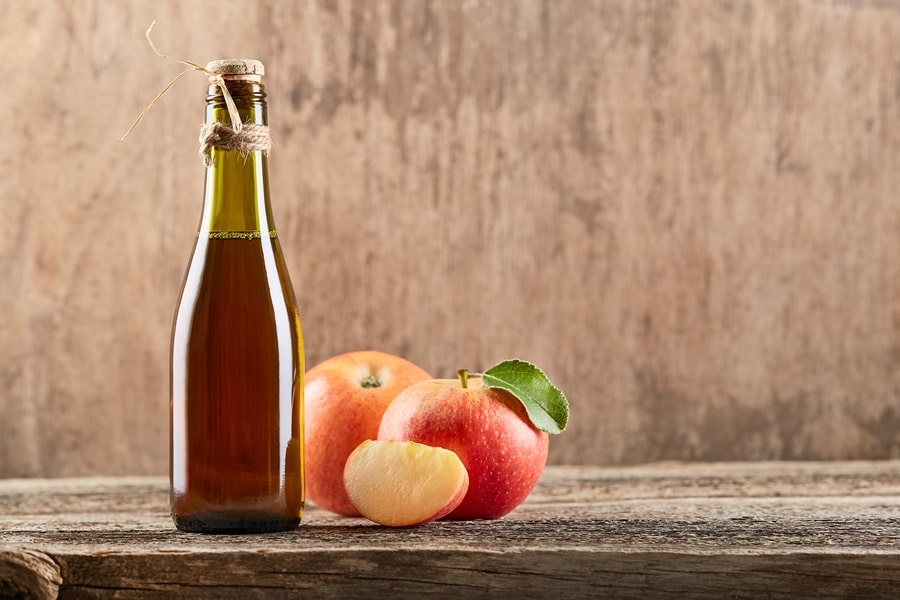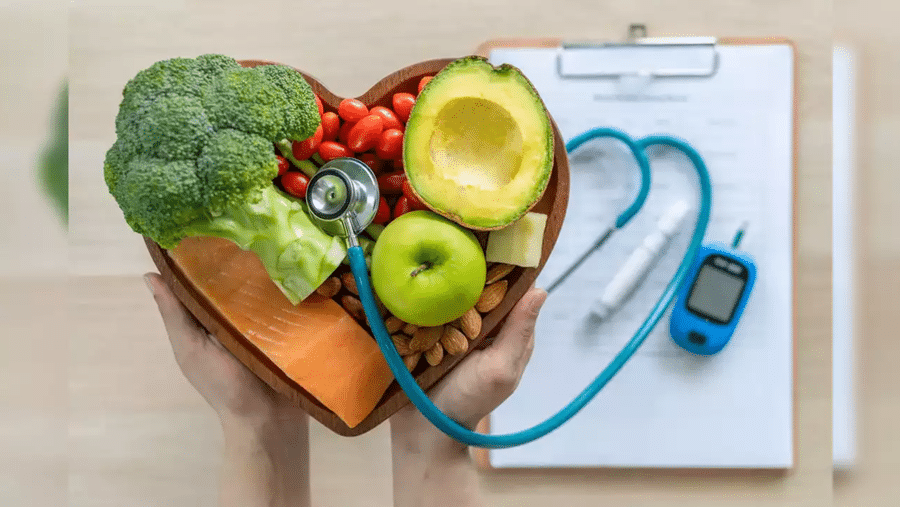Freezing food has long been considered a last resort for preserving perishables, often accompanied by the notion that it diminishes the quality of the food. However, this is a misconception that needs debunking. Freezing can extend the shelf life of various foods and enhance their flavors and textures. This article aims to shed light on the foods that not only withstand the freezing process but benefit from it. Discover how freezing can be a game-changer in your culinary journey, from fruits and vegetables to meats and baked goods.
Contents
- 1 The Science Behind Freezing
- 2 Fruits That Taste Better Frozen
- 3 Vegetables You Should Consider Freezing
- 4 Meat and Seafood: Freezing for Flavor and Safety
- 5 Herbs and Spices: Locking in Freshness
- 6 Baked Goods: From Oven to Freezer
- 7 Dairy Products: A Freezing Guide
- 8 Unconventional Foods to Freeze
- 9 The Bottom Line
The Science Behind Freezing

Freezing food is more than just a convenient way to prolong its shelf life; it’s a scientific process that can enhance the food’s quality. When food is frozen, the water molecules within it form ice crystals. These crystals are too small to rupture most foods’ cell walls, meaning the original texture and flavor are largely preserved. Additionally, freezing slows down the enzymatic reactions that cause food to spoil, effectively preserving its freshness for longer.
Understanding the science behind freezing can help one make informed decisions about what to freeze and how to use frozen foods effectively. For instance, some foods with high water content may not freeze well because the ice crystals can rupture their cell walls, leading to a mushy texture upon thawing. However, foods with lower water content or those that benefit from a slight change in texture can be excellent candidates for freezing. Knowing the science can help you freeze food in a way that enhances its qualities rather than diminishing them.
Fruits That Taste Better Frozen

Fruits are often enjoyed fresh, but some taste better when frozen. Take berries, for example. Freezing can enhance the sweetness and flavor of strawberries, blueberries, and raspberries. The freezing process concentrates the sugars, making them taste sweeter than their fresh counterparts. Additionally, frozen berries are excellent for smoothies, as they give a thicker consistency without the need for ice.
Bananas are another fruit that benefits from freezing. When frozen, they become easier to blend into smoothies or incorporate into baked goods. The natural sugars in bananas also concentrate during freezing, making them sweeter. Frozen grapes are another treat; they become mini sorbets, offering a refreshing and healthier alternative to sugary snacks. Freezing fruits like these extend their shelf life and enhances their usability and flavor profile.
Vegetables You Should Consider Freezing
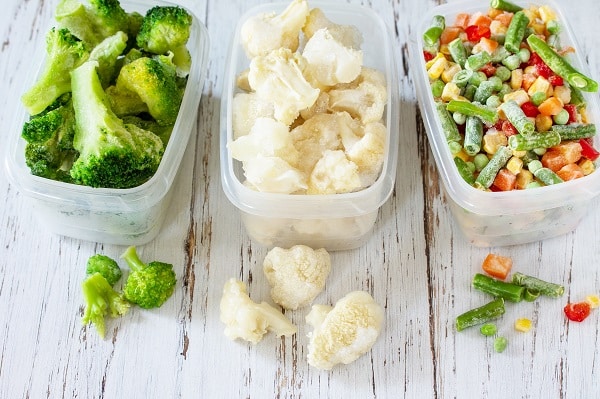
When it comes to vegetables, freezing can be a real game-changer. Spinach, for instance, wilts quickly when fresh but retains its nutritional value and is easier to use in smoothies and cooked dishes when frozen. Freezing spinach also makes it more convenient to store and use in portions, reducing waste. Similarly, frozen corn kernels retain their natural sweetness and are perfect for adding to soups, stews, and stir-fries.
Bell peppers are another vegetable that holds up well in the freezer. Slicing and freezing them makes it incredibly convenient to toss them into stir-fries, omelets, or fajitas without chopping and deseeding each time. The texture remains crisp, and the flavor is as vibrant as ever. Freezing vegetables like these can save time and money, all while reducing food waste.
Meat and Seafood: Freezing for Flavor and Safety
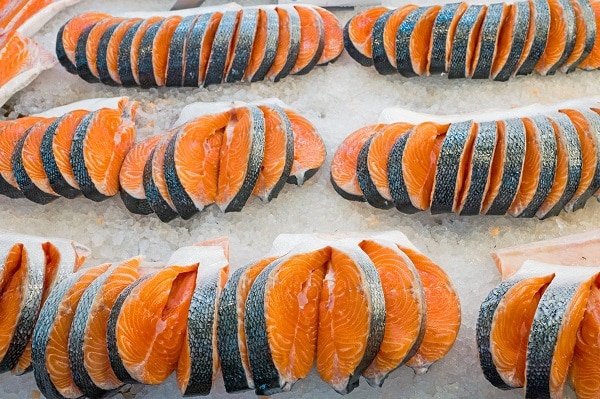
Freezing meat and seafood is not just about preservation; it can also enhance flavor and safety. For example, freezing fish can effectively kill parasites, making eating safer. This is especially important for fish that will be consumed raw, such as in sushi or sashimi. Additionally, the texture of the fish remains largely unaffected, making it just as enjoyable as fresh fish when cooked properly.
Beef is another meat that can benefit from freezing. The process can act as a form of dry-aging, helping to tenderize the meat. This is particularly useful for naturally tougher cuts. Freezing beef also allows for more precise portion control, as one can easily separate and thaw the amount needed for a meal. Understanding how freezing affects different types of meat and seafood can help you make the most of your frozen produce, ensuring you get the best flavor and texture possible.
Herbs and Spices: Locking in Freshness
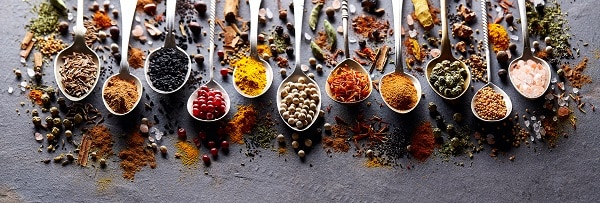
Herbs and spices are essential for flavoring dishes, but they can quickly wilt or lose their potency. Freezing herbs like basil can preserve their flavor and make them more convenient for sauces and stews. Simply chop the herbs, place them in an ice cube tray with water or olive oil, and freeze. When it’s time to cook, these herb cubes can be dropped directly into the pot, releasing their flavors as they melt.
Ginger is another spice that benefits from freezing. When frozen, it becomes easier to grate and incorporate into dishes. The essential oils in ginger are also preserved, ensuring its potent flavor is retained. Similarly, mint leaves can be frozen and later used in cocktails, desserts, or teas. The freezing process locks in the freshness and aroma, making these herbs and spices as effective as their fresh counterparts but with a longer shelf life.
Baked Goods: From Oven to Freezer

Bread is a staple in many households but can go stale quickly. Freezing bread can prevent this, extending its life and reducing waste. Simply slice the bread and store it in a freezer-safe bag. When you’re ready to eat, individual slices can be toasted directly from the freezer, retaining their original texture and flavor. This method is convenient and economical, as it allows you to buy bread in bulk without worrying about it going bad.
Cookie dough is another baked good that fares well in the freezer. Preparing a large batch of cookie dough and freezing it in individual portions provides the convenience of having ready-to-bake cookies at any time. Similarly, cakes can be baked, cooled, and frozen to make frosting and decorating easier. The cake’s crumb structure firms up, making it less likely to crumble when you apply frosting. This technique is particularly useful for intricate designs that require a steady hand and a firm surface.
Dairy Products: A Freezing Guide

Cheese is a dairy product that can be successfully frozen without affecting its flavor. Hard and semi-hard cheeses like cheddar and gouda can be grated, sliced, and then frozen for later use. This extends their shelf life and makes using the exact amount needed for a recipe easier. Soft cheeses like cream cheese can also be frozen, although their texture may change slightly upon thawing.
Milk and yogurt are other dairy products that can be frozen. Freezing milk in smaller portions allows for easy thawing and reduces the chances of spoilage. Frozen yogurt can be enjoyed as a creamy frozen treat or used in smoothies. However, it’s important to note that the texture of yogurt may change after freezing, making it less suitable for use in recipes that require a smooth consistency.
Unconventional Foods to Freeze

Coffee aficionados may be surprised to learn that coffee beans can be frozen to preserve their aroma and flavor. Freezing coffee beans slows the oxidation process, making coffee taste stale. It’s best to freeze them in an airtight container to prevent moisture from affecting the quality. Rice is another unconventional food that can be frozen. Cooked rice can be portioned and frozen for quick reheating, making meal prep more convenient.
Eggs are another surprising candidate for the freezer. While it’s not advisable to freeze whole eggs, egg whites can be frozen and later used in recipes that require them. This is particularly useful for those who frequently use egg yolks in their cooking but don’t want to waste the whites. Freezing them in ice cube trays allows for easy portioning and quick thawing.
The Bottom Line
The act of freezing food has often been relegated to a mere preservation method, but as this article has demonstrated, it can be so much more. From enhancing the flavors of fruits and vegetables to making meat safer and more tender, freezing can be a culinary game-changer. Even herbs, baked goods, and dairy products can benefit from a stint in the freezer, not to mention some unconventional foods you might never have considered freezing. So the next time you find yourself with excess produce or perishables, don’t just think of freezing as a last resort. Embrace it as a valuable technique that can elevate your cooking and reduce waste, making your culinary endeavors more delicious and sustainable.

